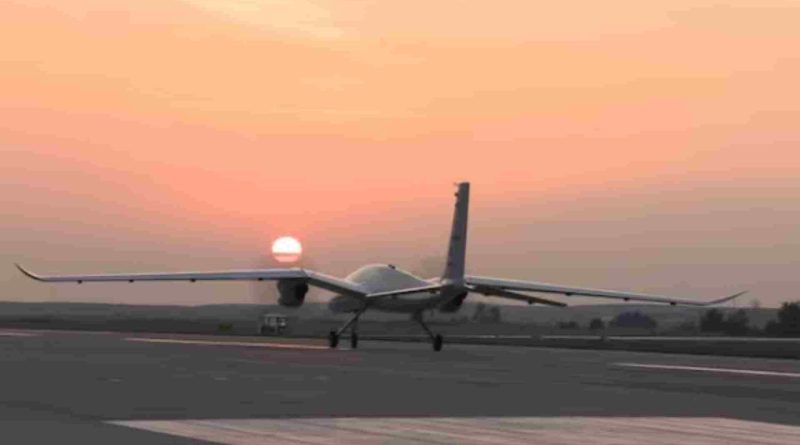Unveiling the Drone Surge: Transforming African Conflict Dynamics
In the ongoing conflict in Sudan, Iranian drones have emerged as a pivotal factor, marking a broader trend of advanced drone usage across African nations.
The tides of Sudan’s civil war are shifting in favor of the nation’s army, with significant territorial gains and a halt in the advance of the paramilitary Rapid Support Force (RSF). Reuters reports credit the recent successes to Iranian-made drones, acquired by Sudan in recent months.
Initially, the Sudanese Armed Forces (SAF) struggled with outdated drones, fighter jets, and artillery, failing to dislodge RSF fighters from urban areas. However, a turning point came with the acquisition of advanced drones, notably impacting operations in cities like Omdurman. Residents reported precise targeting of RSF movements, leading to notable territorial gains for the SAF.
This shift in Sudan is part of a larger trend observed across Africa. In Ethiopia, combat drones supplied by various nations contributed to significant military victories against rebel forces. Similarly, Nigerian, Turkish, and Israeli drones are actively used in counterinsurgency operations across the continent. Even the United States has deployed drones in several African nations, reflecting a global interest in the region’s stability.
The popularity of drones in African conflicts can be attributed to their versatility, affordability, and the strategic interests of supplying nations. For Iran, supplying drones to Sudan secures regional allies and influences battlefield dynamics. Meanwhile, countries like the US and France view drone exports as a means to maintain influence in resource-rich African nations.
Despite their strategic utility, the influx of advanced drones poses threats to civilian populations. Lack of accountability for drone strikes has resulted in civilian casualties and violations of international humanitarian law. The rise of armed drones in conflicts across Africa underscores the urgent need for accountability and regulation to mitigate civilian harm.

